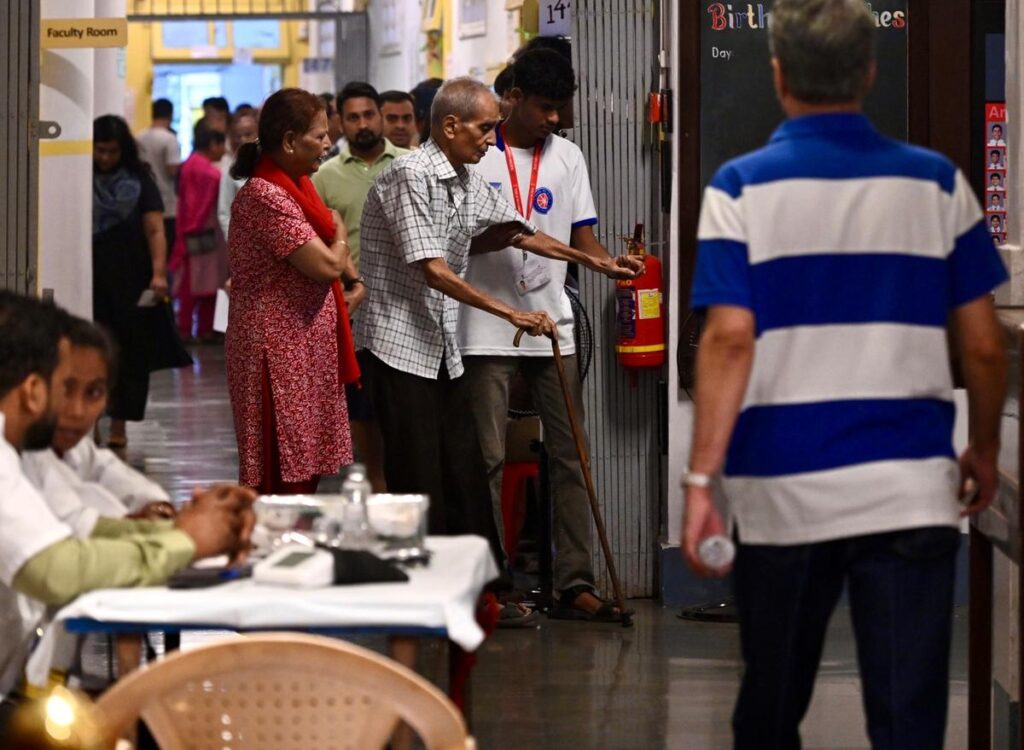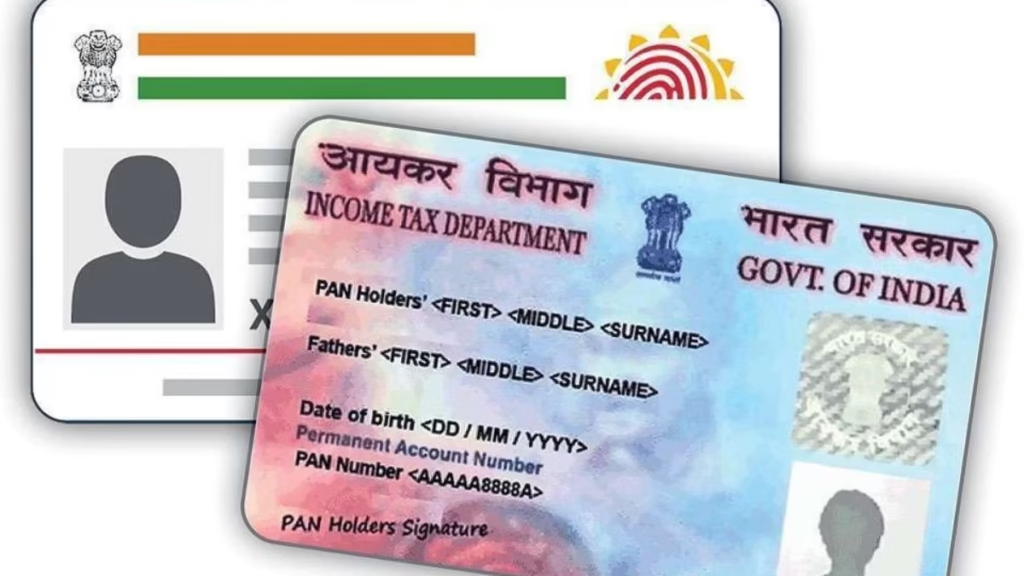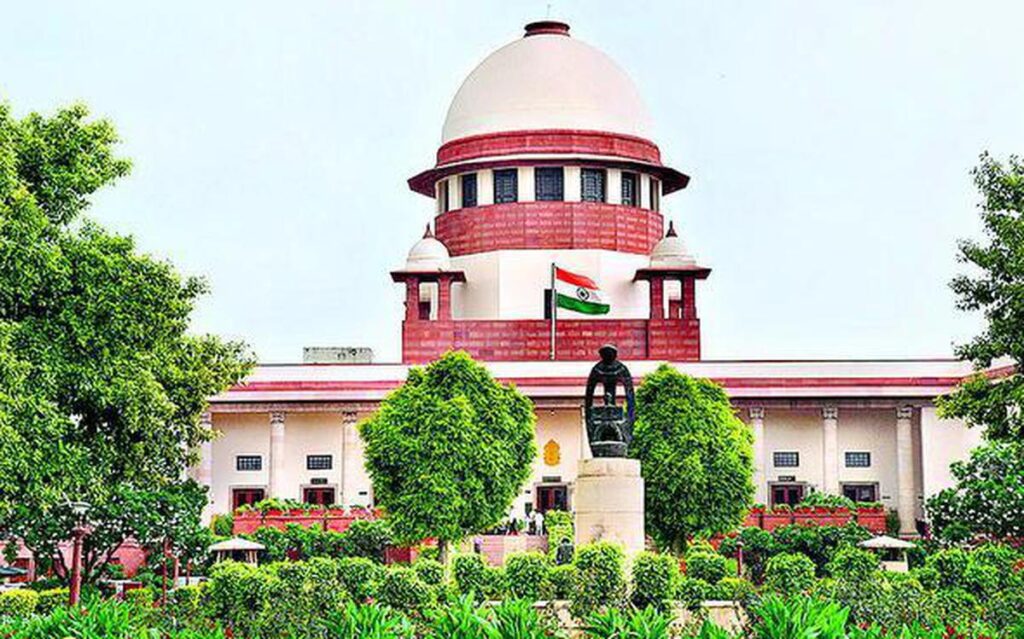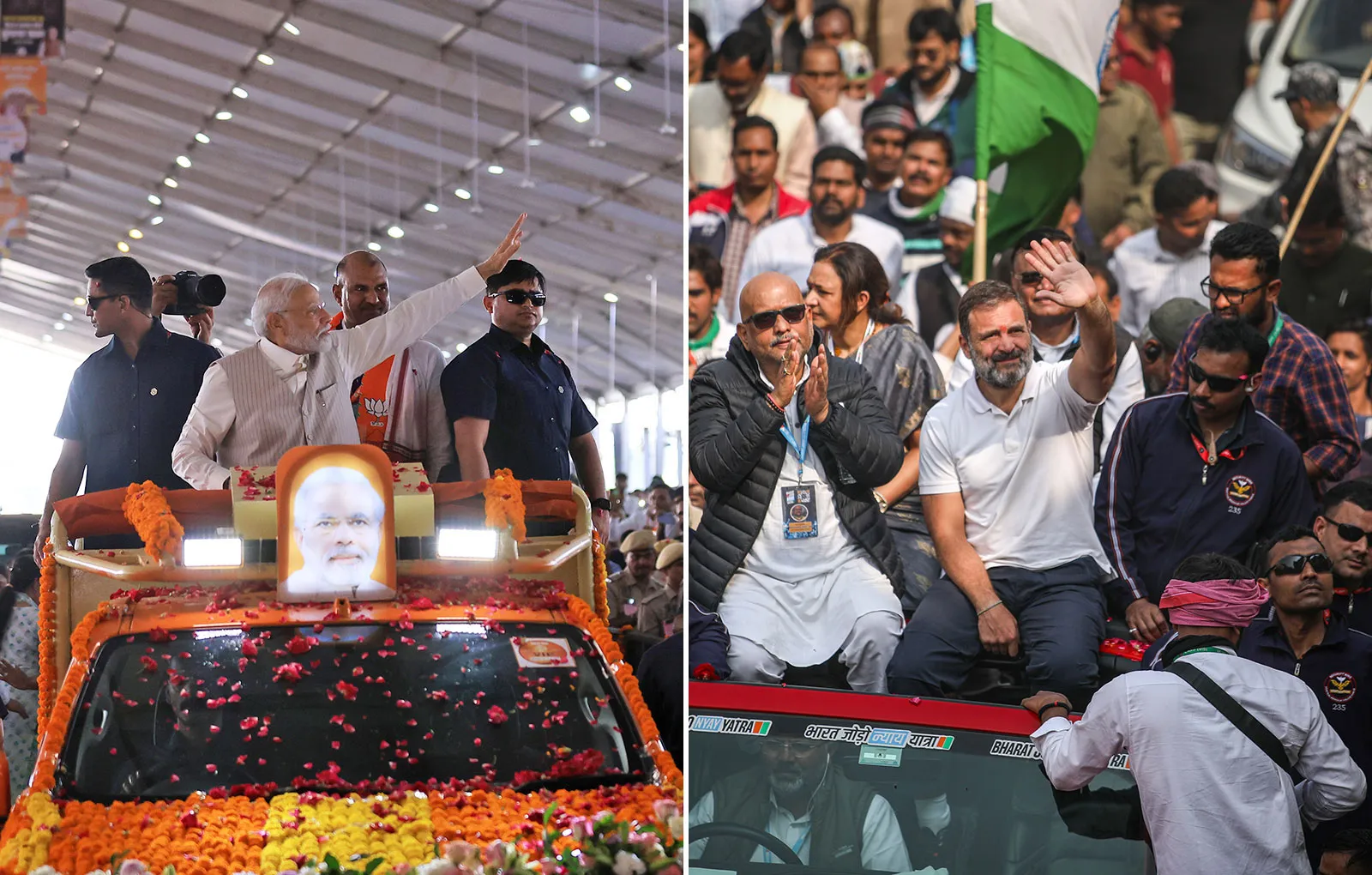Now Reading: Explained: Why NEET Paper Leaks Keep Happening and What It Means for Students in Non-Metros
-
01
Explained: Why NEET Paper Leaks Keep Happening and What It Means for Students in Non-Metros
Explained: Why NEET Paper Leaks Keep Happening and What It Means for Students in Non-Metros
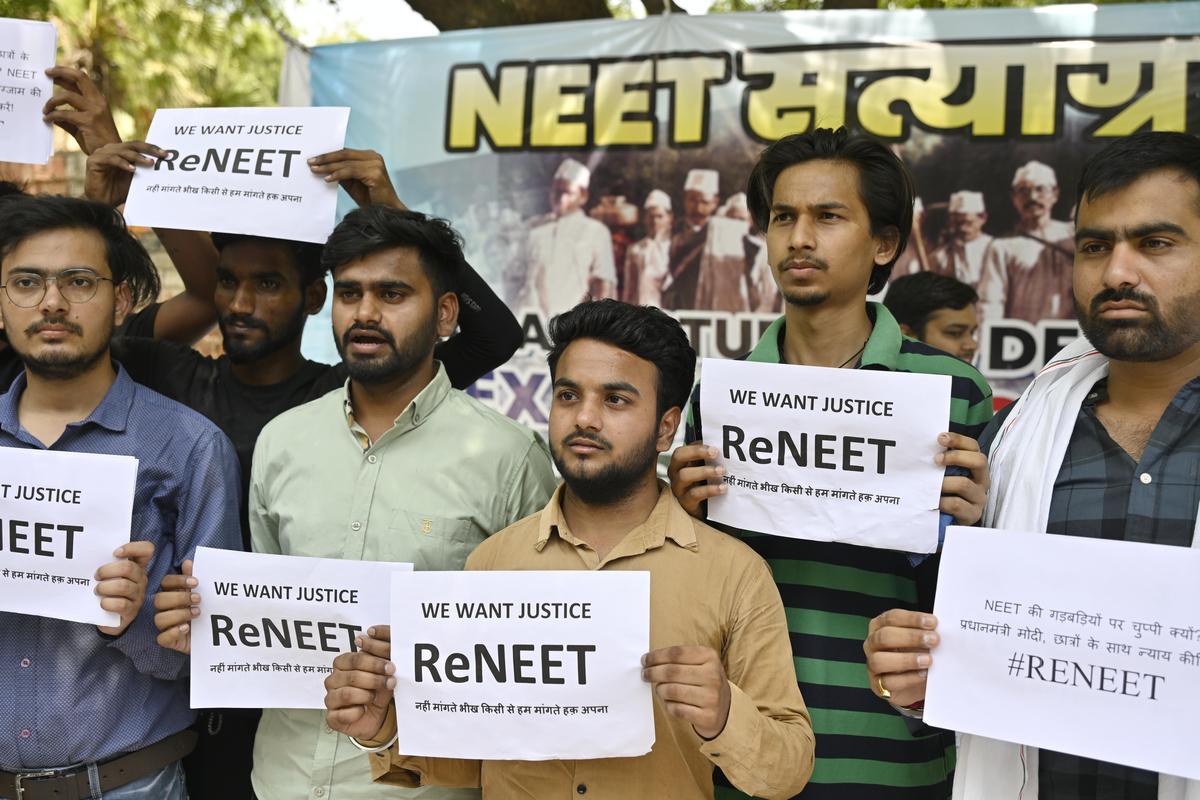
The National Eligibility cum Entrance Test (NEET), India’s gateway to medical education, has faced repeated controversies due to alleged paper leaks. This recurring issue not only raises questions about the integrity of the examination system but also disproportionately affects aspirants from Tier-2 and Tier-3 cities who already face multiple challenges in competitive exams.
Understanding the Root of the Problem
NEET, conducted for over 20 lakh students annually, is one of the most high-stakes exams in the country. This has made it vulnerable to systemic leaks and malpractice. Experts cite a combination of weak administrative coordination, involvement of coaching mafias, and digital loopholes in exam logistics as key reasons behind these breaches.
Despite security protocols and centralized oversight, breaches still occur—sometimes involving insiders, impersonation, or question paper theft during transit.
Who Is Most Affected?
While paper leaks affect all students, those from non-metro regions like Nagpur, Bhopal, or Bhubaneswar are hit harder. These students often rely on honest self-preparation and have limited access to elite coaching infrastructure. When leaks happen, merit loses value and trust in the system erodes, especially among aspirants who have worked hard under challenging circumstances.
In small towns, the pressure of one-shot success is immense due to financial and social factors. A compromised exam adds mental strain and uncertainty.
Government Response and Repeated Concerns
Authorities have, in the past, assured tighter security and digital tracking mechanisms. However, multiple leaks over recent years show that reforms are either slow or ineffective. Measures like biometric checks and encrypted papers are steps in the right direction but need consistent nationwide implementation, including in remote exam centers.
The National Testing Agency (NTA) and education ministry face mounting pressure to conduct a full audit of their examination protocols.
Growing Anxiety Among Students and Parents
For students, especially first-generation aspirants from smaller cities, NEET represents both hope and anxiety. Every controversy not only affects current applicants but also shakes the confidence of future candidates. Many coaching centers in Tier-2 areas are now seeing growing concerns from parents demanding a more transparent system.
In many households, NEET is not just an exam—it’s a family goal. Paper leaks jeopardize years of preparation and dreams.
Conclusion
The recurring NEET paper leak incidents underscore the urgent need for systemic reform in India’s examination ecosystem. For students in non-metro cities, these breaches strike deeper, affecting morale and trust. Unless authorities introduce a foolproof mechanism and ensure strict accountability, the credibility of national entrance exams—and the future of thousands of sincere aspirants—will remain at risk.








